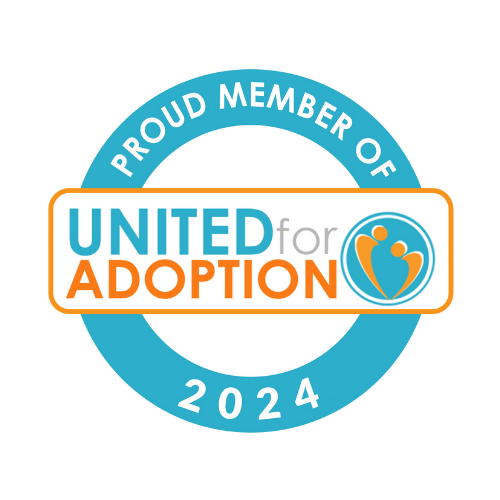Symposium 2013: Raise Calmer, Happier Children
By Mick Woolsey, LCSW
Director of Education
Utah Foster Care
Utah Foster Care is thrilled to welcome Dr. Daniel Siegel to this year’s 4th annual Symposium for a full-day seminar that reviews the findings in his pioneering and practical book, The Whole-Brain Child. In the book, he and parenting expert Tina Payne Bryson demystify the meltdowns and aggravation, explaining the new science of how a child’s brain is wired and how it matures.
For three years, foster families from around the state of Utah have been privileged to hear Dr. Bruce Perry, Dr. Doug Goldsmith and other well-known professionals in the field of child well-being. This year follows that same tradition with internationally-acclaimed Dr. Daniel Siegel!
(Remember: 6 CEUs are available, as well as 6 licensing renewal hours.)
Here are some excerpts from Dr. Siegel’s web site, with examples of what you will hear at this seminar:
A toddler throws a tantrum in the middle of a store. A preschooler refuses to get dressed. A fifth-grader sulks on the bench instead of playing on the field. Do children conspire to make adults’ lives endlessly challenging? No—it’s just their developing brain calling the shots!
Here’s the deal …
The “upstairs brain,” which makes decisions and balances emotions, is under construction until the mid-twenties. And, especially in young children, the right brain and its emotions tend to rule over the logic of the left brain. No wonder kids can seem—and feel—so out of control. By applying these discoveries to everyday parenting, you can turn any outburst, argument, or fear into a chance to integrate a child’s brain and foster vital growth.
During the seminar, Dr Siegel will share twelve key strategies, including:
- Name It to Tame It: Corral raging right-brain behavior through left-brain storytelling, appealing to the left brain’s affinity for words and reasoning to calm emotional storms and bodily tension.
- Engage, Don’t Enrage: Keep your child thinking and listening, instead of purely reacting.
- Move It or Lose It: Use physical activities to shift your child’s emotional state.
- Let the Clouds of Emotion Roll By: Guide your children when they are stuck on a negative emotion, and help them understand that feelings come and go.
- SIFT: Help children pay attention to the Sensations, Images, Feelings, and Thoughts within them so that they can make better decisions and be more flexible.
- Connect thru Conflict: Use discord to encourage empathy and greater social success.
To reserve your spot, go to traumaandattachment.eventbrite.com.
Join us as we continue to educate ourselves and learn more ways to help children in our care.
See you in Midway!






